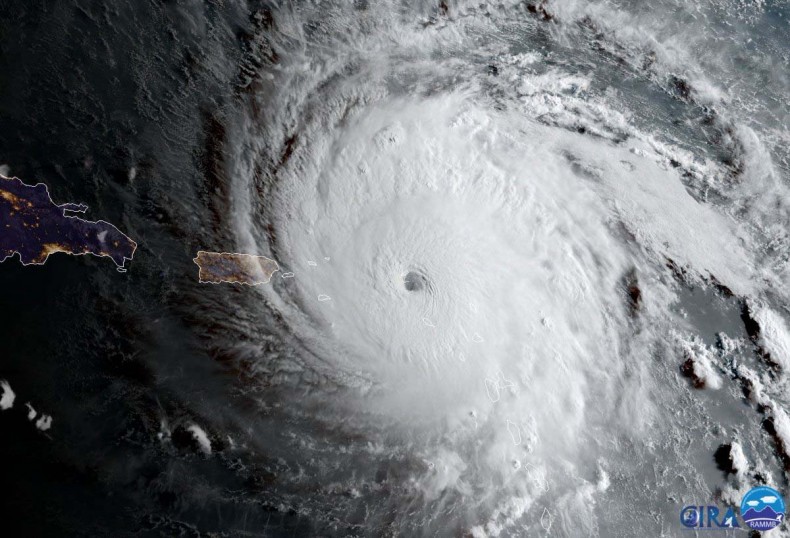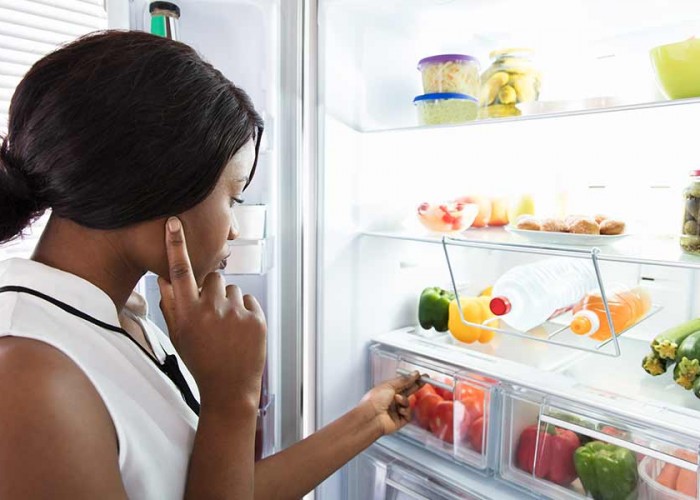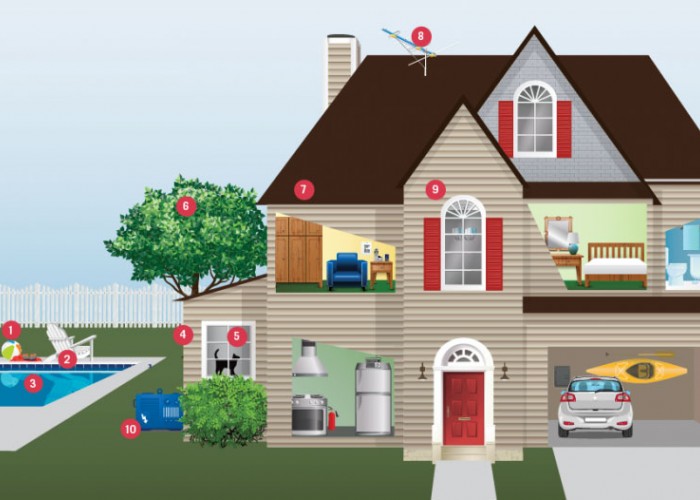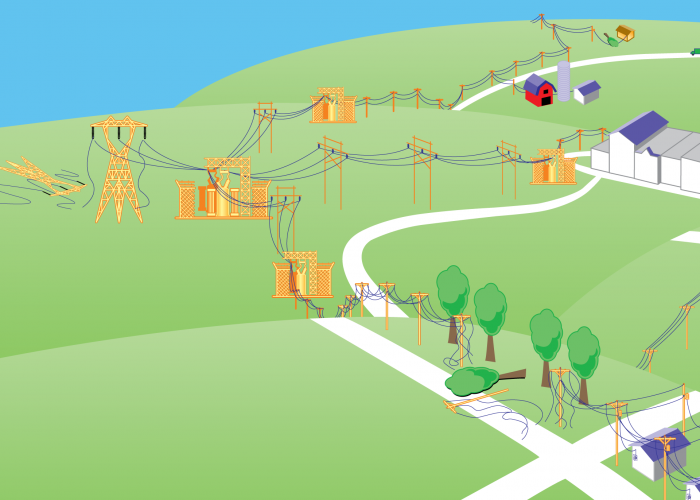Be Prepared
Hurricane Safety Tips

Hurricanes can be as unpredictable as they can be dangerous. Familiarize yourself with the tips below to keep you and your family safe before, during and after the storm.
Preparing for the hurricane
- Outline a communications and evacuation plan for your family, including pets.
- Charge cell phones.
- Assemble a kit with at least a two-weeks’ supply of emergency supplies including food, water, baby items and medicine. Download this printable list of suggested items recommended by the American Red Cross.
- If prescriptions are essential, make sure to get them refilled in case of an extended power outage or extensive damage to the area.
- Make sure flashlights, battery-powered lanterns and other sources of light are readily available and have fresh batteries.
- Make sure to have identification and documentation on hand, such as your social security card, driver’s license, birth certificate, and insurance information for your home, car, and life.
- Connect with your cooperative online for the latest information and updates. Have your electric cooperative’s information handy in order to report an outage, if necessary. Find your co-op online.
- Listen to weather forecasts and predictions for possible hurricanes during hurricane season (in the Atlantic, June through November).
- Fill up your car’s gas tank ahead of the storm. A loss of power could put gas stations out of commission.
- Safely store outdoor items like lawn furniture, toys and garbage cans. Tie down other objects if necessary.
- Read “Storm Watch” for more tips on preparing your home, inside and out.
-
For more preparation tips: redcross.org/prepare
-
Find a Red Cross shelter: redcross.org/shelter
During the hurricane
- Make sure to get inside a building and stay away from the windows.
- Don’t leave candles unattended and keep them away from furniture, draperies and other flammable materials. Make sure to keep children away from open flames.
- Don’t open freezers and refrigerators any more than absolutely necessary.
- Stay tuned to your cooperative and local news sources for information about power outages, weather conditions and safety messages.
- Turn off your heating and air conditioning systems, as well as electric range.
- Unplug sensitive electronic appliances such as TVs, DVRs, microwave ovens and computers — this will protect your appliances against power fluctuations that can occur when power is restored.
- After power is restored, be sure to wait five to 10 minutes before turning on appliances and heating systems.
After the hurricane
- If power lines and poles are down in your yard or in the street, always treat them as if they are energized and dangerous. Never touch them and stay away. Make sure to call your electric cooperative.
- Debris from the storm can hide power lines that have fallen. Fallen trees that contain energized power lines can electrocute any item it comes in contact with, such as a metal fence, a pond or standing water. Even the ground can be energized near fallen power lines.
- If your electricity is out, make sure to check with neighbors to see if they have power. If they have power, you may have blown a fuse or tripped a breaker. Never replace a fuse or reset a circuit breaker with wet hands or while standing on a wet (or damp) surface.
- If you’re without electricity and want to use a portable generator, make sure to use it in a well-ventilated area.
- Avoid using candles if possible. If you must, never leave a burning candle unattended.
- If power remains out following a storm and you have to cook with Sterno or charcoal, do so outside to avoid the build-up of deadly carbon monoxide fumes.
- Replenish your supplies of batteries, bottled water, non-perishable food items and firewood for future hurricanes.
-
Learn more about storm safety
-
Share this story:







Comments (1)
Dr. Bill H. Davis, Jr. |
September 04, 2019 |
reply